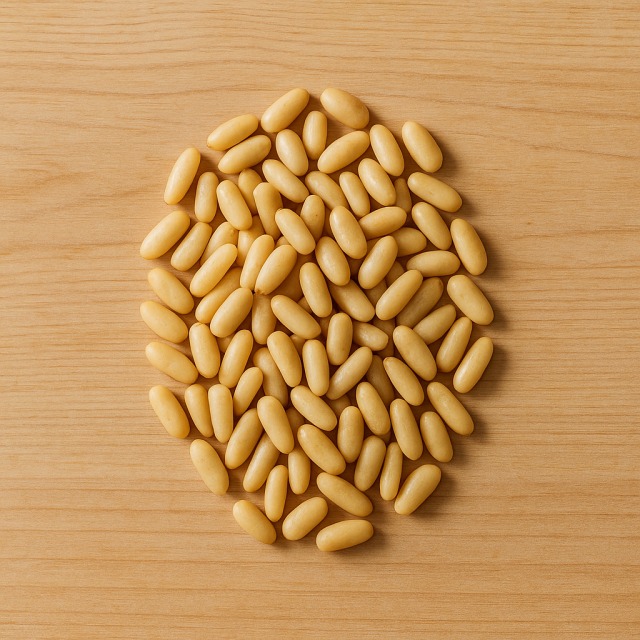Calorie Chart / Fruits / Clementine
How Many Calories Are in Clementine?
Calculation of the nutritional value & Recommended Dietary Intake of clementine
For g and a calorie requirement of kcal
| Calories 28 kcal | Proteins 0.3 g | Lipids 0 g | Carbohydrates 6.6 g |
| 1% | 0% | 0% | 2% |
Health benefits of clementine

Clementine - 100g
Calories 46 kcal
Proteins 0.5 g
Lipids 0 g
Carbohydrates 11 g
With only 46 calories per 100 g, clementine is considered a low-calorie fruit, ideal for those watching their daily calorie intake. Its natural sweetness makes it a pleasant way to satisfy a craving without adding many calories to the day's total.
Clementine supplies a remarkable 50–60% of the daily reference intake of vitamin C, a nutrient that contributes to immune function and collagen synthesis. It also delivers carotenoids (precursors of vitamin A), small amounts of B-vitamins, and minerals such as potassium and calcium. The fruit's flavonoids—hesperidin and narirutin—are studied for their supposed antioxidant and anti-inflammatory actions (evidence is promising but still classified as "supposed").
The absence of lipids combined with roughly 0.5 g of proteins and 11 g of natural carbohydrates keeps the energy density low. Whether your aim is to cut calories, maintain weight, or simply enjoy a refreshing snack, clementine fits smoothly into most nutrition plans. Historically, the fruit is believed to have been discovered at the beginning of the 20th century in Algeria by Brother Clément, from whom it takes its name—an anecdote that underlines its relatively recent arrival on European tables.
Because clementine is poor in calories yet rich in taste and micronutrients, it is often recommended for athletes or people on hypocaloric diets who need to maximize nutrient density while controlling calories.
Tips for incorporating clementine into a balanced diet
To keep calories low while enhancing flavor, add clementine segments to a green salad with spinach, toasted almond slivers, and a light vinaigrette. The fruity acidity lifts the dish without driving calories upward.
For breakfast, stir clementine zest and pieces into plain yogurt or a bowl of oat flakes. This combination delivers slow-release carbohydrates, proteins, and very few additional calories, making it suitable for endurance athletes who track calories closely.
In main dishes, use the juice as a glaze for roasted chicken breast or pan-seared salmon. The natural sugars caramelize quickly, so only a small amount is required—handy if you want to cap calories. Serve these proteins with steamed broccoli for a balanced plate rich in fiber and still modest in calories.
Dessert lovers can poach clementine slices in a hint of honey and spices, then pair them with a square of dark chocolate. The result tastes indulgent while keeping total calories far below many traditional sweets. Replacing higher-sugar options with clementine in such recipes is a smart way to manage calories without compromising pleasure.
Frequently Asked Questions
- How many calories are in clementine?
- There are 46 kcal per 100 g.
- Is clementine good for a low-calorie diet?
- Yes, its 46 kcal per 100 g classifies it as low in calories, so it can easily fit into hypocaloric meal plans.
- Does eating clementine before exercise provide enough energy?
- The natural sugars offer quick fuel without excessive calories; pair it with a protein source if you need sustained energy.
- Can I replace dessert with clementine to reduce calories?
- Absolutely. Swapping a standard pastry for a clementine can cut hundreds of calories while still satisfying a sweet tooth.
- How does clementine compare to an orange in calories?
- Both fruits are low in calories, but clementine is slightly lower, averaging 46 kcal versus about 47–49 kcal for an orange.
- Is the vitamin C content affected if I track only calories?
- No, vitamin C remains high regardless of calorie counting; a single fruit covers roughly half your daily need.
Similar foods
Information provided by Calorie Menu may contain inaccuracies or errors. It cannot, under any circumstances, substitute medical advice or medication.










